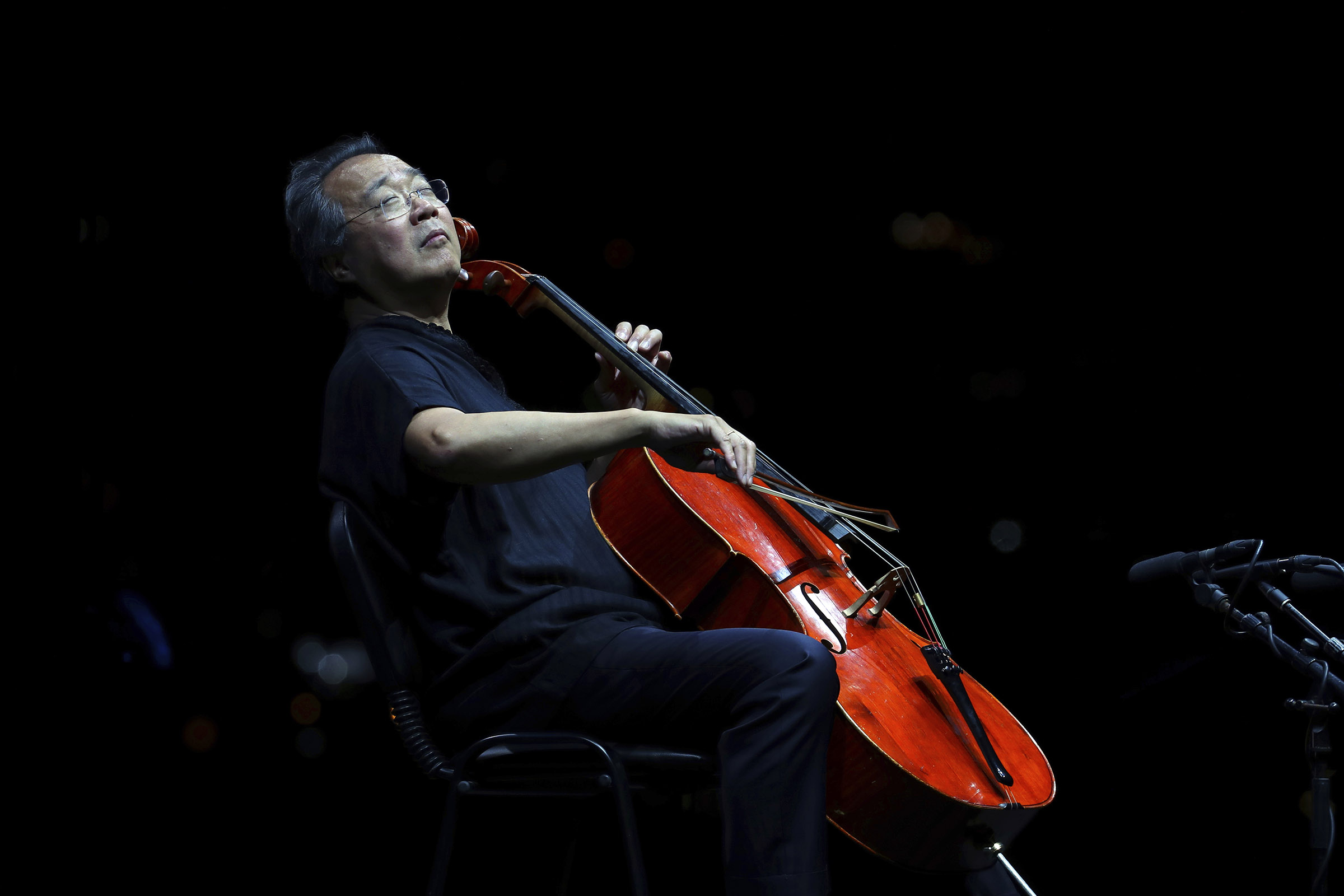I was seven when I arrived in America with my parents and sister, trading the slate roofs and baguettes of Paris for the skyscrapers and Wonder Bread of New York. It was 1962 and the energy and possibility of post-war renaissance still crackled on both sides of the Atlantic.
I have found myself thinking of that feeling often in the past six months, as we fight a different type of world war, this time against a virus. I think about the kind of world that felt possible to an immigrant family arriving to a new life, and the kind of world I want to leave my grandchildren.
In 1948, seven years before I was born, the United Nations General Assembly met for the third time ever. The meeting was in Paris, just across the river from my father’s apartment; the memory of the German occupation was still fresh. In what must have been a moment of profound hope for the future, the new group came together and ratified a Universal Declaration of Human Rights, describing the world they wanted to build, defined by equality, opportunity, and safety for all.
I must have learned about the Declaration in some forgotten classroom, but it hit me again in a flash this summer thanks to the composer Max Richter and his collaborator Yulia Mahr, who layered a tapestry of music and images over the voice of Eleanor Roosevelt reading the Declaration in a piece called “All Human Beings.”
We may have failed in so many ways to deliver on the promise of that document, but every generation has a chance — an obligation — to do better, to imagine and create a world that works for all of us.
To me, doing better begins with culture — the point at which the arts, sciences, and society intersect. When scientists from dozens of countries join hands to unlock a mystery of our universe; when a filmmaker or musician lifts up voices and stories from the margins; when museums and universities and concert halls reimagine their purpose and redefine the communities they serve based on values like access, curiosity, and collaboration — then we are taking action for a better future.
To do better means that those of us who have made lives in the cultural sector must work every day to strengthen the scientific research and musical exchange and humanistic inquiry that leads to truth, understanding, and connection.
If you do not consider yourself a cultural being, I challenge you to think differently: we are all cultural citizens, and culture will be the engine of our reconstruction, as it always has been.
We have come back to this first principle again and again in times of fracture, that culture leads us to seek truth, build trust, and act in service of one another. Culture is the foundation on which we will imagine and build a world in which we reaffirm our commitment to equality and safety for all, we act with empathy, and we know that we can always do better.
- Dua Lipa Manifested All of This
- Exclusive: Google Workers Revolt Over $1.2 Billion Contract With Israel
- Stop Looking for Your Forever Home
- The Sympathizer Counters 50 Years of Hollywood Vietnam War Narratives
- The Bliss of Seeing the Eclipse From Cleveland
- Hormonal Birth Control Doesn’t Deserve Its Bad Reputation
- The Best TV Shows to Watch on Peacock
- Want Weekly Recs on What to Watch, Read, and More? Sign Up for Worth Your Time
